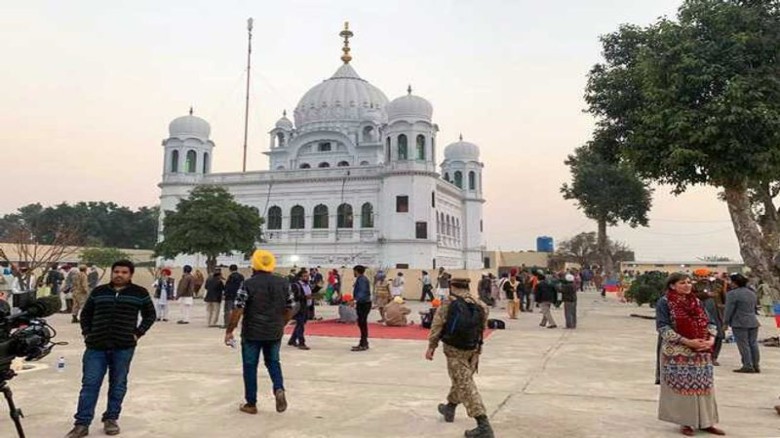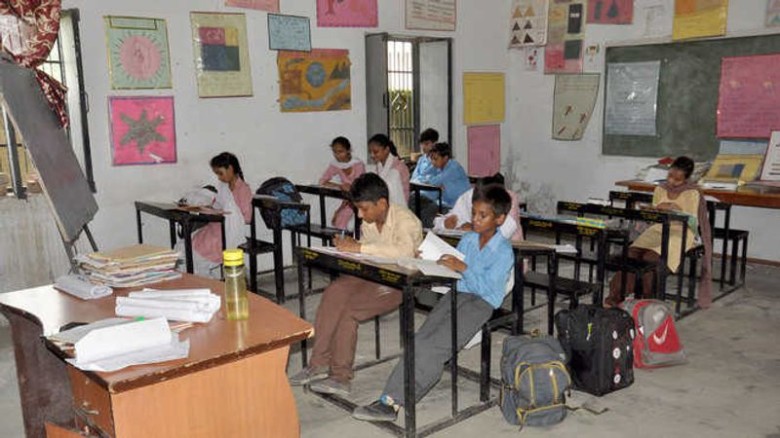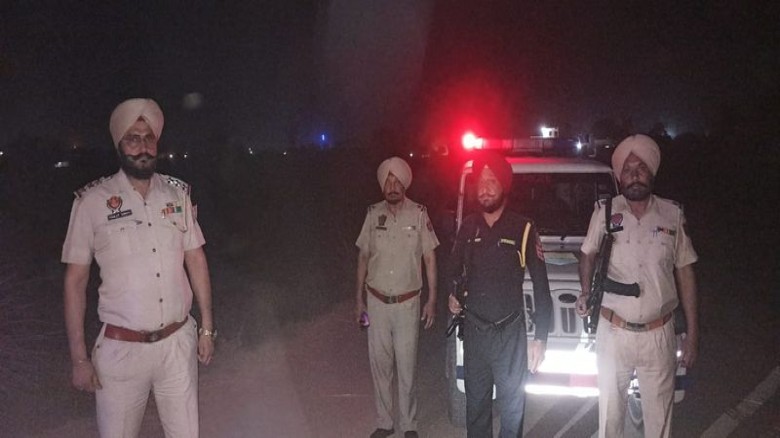Tensions Rise Along Punjab Border as Villagers Brace for Fallout from Pahalgam Attack
Whispers of unease ripple through villages near the International Border in Punjab, as residents quietly prepare for possible escalation between India and Pakistan following the recent Pahalgam terror attack.
Amid a visible increase in security presence, villagers have begun noticing unusual activities: elders being called in by security forces for information on motor owners, inquiries about the readiness of ditch-cum-bund defences, and loudspeaker advisories urging residents to harvest crops early and stay vigilant.
Ditch-cum-bunds are military-grade defensive structures built along the border, consisting of raised earth embankments paired with trenches or moats that can be filled with water to slow down enemy advances. Manjinder Singh Manna, a resident of a border village in Tarn Taran, confirmed that he was asked to provide details of those who own water pump motors—likely for controlling water flow in the event of tactical flooding.
For some, the situation is eerily reminiscent of earlier wartime mobilisations, including the 1965 and 1971 wars with Pakistan and the post-Parliament attack Operation Parakram in 2001-02.
“People here have been through this before and are mentally prepared,” said Subedar Charan Singh (Retd), a Kirti Chakra awardee and veteran of past India-Pakistan conflicts. “Whatever the cost, we are ready to defend our country.”
In Gurdaspur district, local elders have reportedly made public announcements urging vigilance. In a video circulating from Chauntra village, an elderly man can be heard warning residents over a loudspeaker: “I urge all residents to remain alert. Harvest your crops as soon as possible and report any suspicious activity to the BSF or police.”
While some authorities have distanced themselves from the announcements, saying locals may be acting on their own initiative, heightened security measures are being confirmed across the region.
Ferozepur SSP Bhupinder Singh said 18 new checkpoints had been established and 180 additional police personnel deployed, noting that these were “precautionary measures” and that the situation remained under control. Fazilka SSP Varinder Singh Brar reported the setup of 22 new nakas (checkpoints), while Tarn Taran SSP Abhimanyu Rana said 60 additional nakas had been put in place, 20 of them close to the border.
Despite official reassurances, the quiet urgency in border villages suggests deep-rooted memories of past conflicts and a population that remains both alert and resilient.









































































Leave A Comment